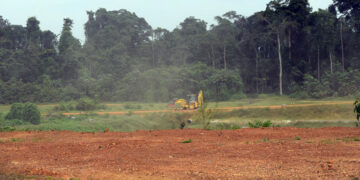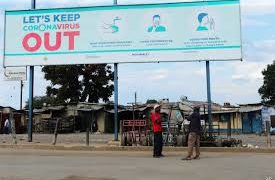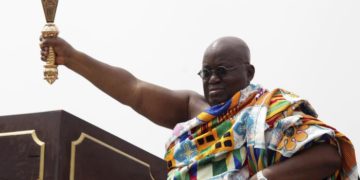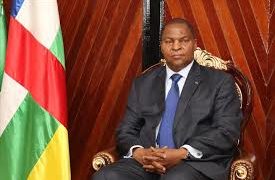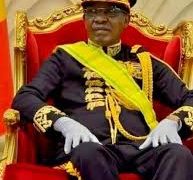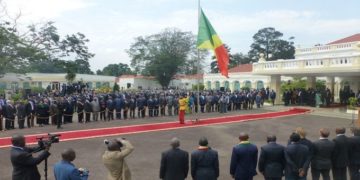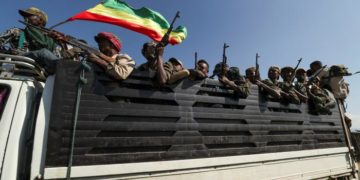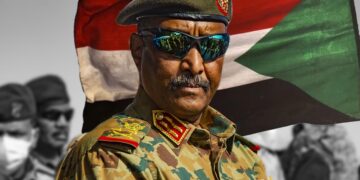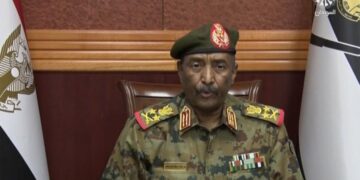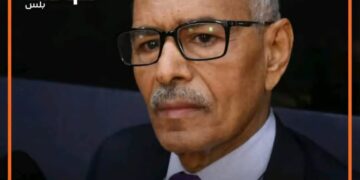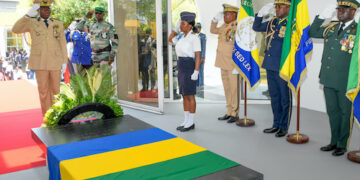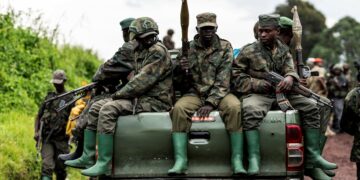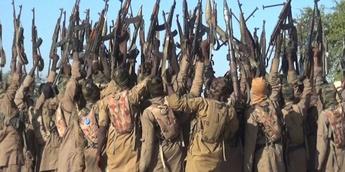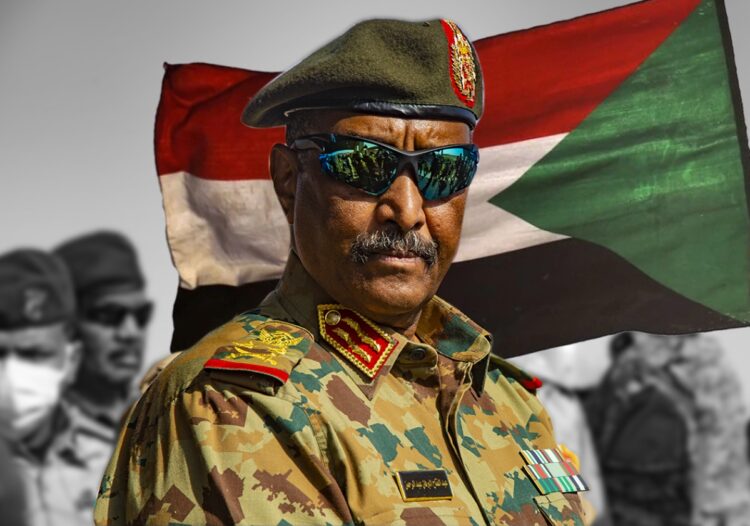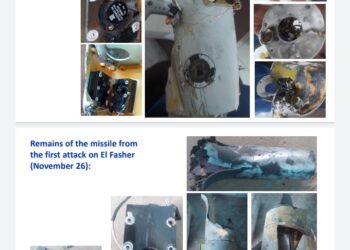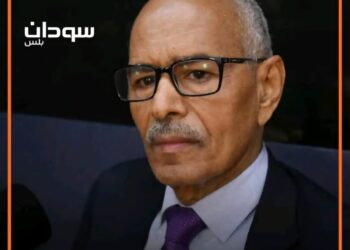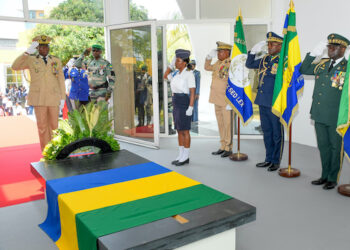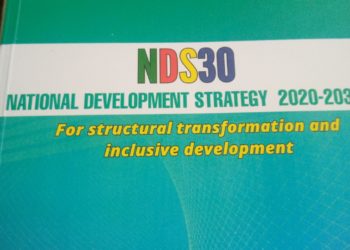In a significant turn of events, the Sudanese Armed Forces (SAF), under the leadership of General Abdel Fattah al-Burhan, have recorded a series of military successes from March 10 to 16, 2025, culminating in the retaking of the presidential palace in Khartoum. This strategic victory marks a pivotal moment in the ongoing conflict that has engulfed the nation, as the SAF continues to combat rebel militias that have been destabilizing the region.
During this period, the SAF successfully recaptured and secured several key areas, including the Al-Trous region in Sennar State and the Drishqi area in North Darfur, where they inflicted heavy losses on rebel forces. The military’s operations also included repelling attacks from rebel militias in various locations, including the Wadkota and Abu Hamama areas, further consolidating their control over strategic territories.
General al-Burhan’s leadership has been characterized by a focus on restoring order and security across the nation. In a recent meeting with the Khartoum State Security Committee, he emphasized the need to eliminate criminal activity and ensure the safety of citizens. The military’s recent successes are seen as a crucial step towards stabilizing the country and re-establishing governmental authority.
In addition to military operations, the Sovereignty Council has been actively engaging in diplomatic efforts to strengthen Sudan’s international relations. General al-Burhan held discussions with South Sudan’s President Salva Kiir, focusing on bilateral relations and regional stability. The Vice Chairman of the Sovereignty Council, Malik Agar Ayre, also met with Djiboutian President Ismail Omar Guelleh to discuss political developments and cooperation within the African Union.
Despite these military and diplomatic advancements, the humanitarian situation in Sudan remains dire. The ongoing conflict has led to widespread displacement and suffering among civilians, with reports of systematic violations and crimes against humanity committed by rebel militias. The international community, including the African Union and the European Union, has expressed deep concern over the formation of a parallel government by rebel forces, warning that such actions threaten the unity and territorial integrity of Sudan.
As the Sudanese Armed Forces continue their campaign to restore stability, the focus remains on addressing the humanitarian needs of the population and ensuring that aid reaches those affected by the conflict. The recent military successes provide a glimmer of hope for a nation yearning for peace and recovery amidst the turmoil.
The coming weeks will be critical as the SAF seeks to build on this momentum and navigate the complex landscape of Sudan’s political and humanitarian challenges.
Political analyst, Erick Erick Oumar Nko’o Discusses Internal, external Factors Behind These Successes
After several weeks of intense fighting, the Sudanese Armed Forces (SAF) regained control of the Presidential Palace, the main symbol of political power, on March 21, which has remained in the hands of the Rapid Support Forces (RSF) since the beginning of the crisis in 2023. This victory, beyond a simple military advance, is a strategic and symbolic step forward in the conflict between the Armed Forces led by General Abdel Fattah al-Burhan and the Rapid Support Forces (RSF), a paramilitary and tribal militia led by Mohamed Hamdane Daglo (Hamidti) and benefiting from the military support of the United Arab Emirates with, to a lesser extent, the blessing of the leaders of Djibouti, Rwanda, Ethiopia, South Africa and Kenya.
The reasons for this victory are both endogenous and exogenous. First, on the endogenous level, there is the collaboration of the Sudanese people, civil society and political leaders who unilaterally support the Sudanese armed forces as an institution of the State. Then, beyond the dissent within the Rapid Support Forces, there is the loyalty, commitment and professionalism of the SAF in the reconquest of cities occupied by the RSF as well as in the protection of civilians who are the main target of the RSF terrorists.
In addition, from an exogenous point of view, there is the contribution of the international community, in particular the United Nations, which, in the course of a report, demonstrated that the RSF had systematically violated international humanitarian law and committed war crimes and crimes against humanity. As such, its actors, including Hamidti, deserve to be prosecuted by the International Criminal Court of Justice for crimes
In addition, there is of course the support of countries such as Saudi Arabia and Egypt, which is the main host country for Sudanese refugees and which is also working for the reintegration of Sudan into the African Union. Moreover, there is the United States, which sees in the army the last hope to get Sudan out of this political imbroglio and above all capable of protecting the national integrity of Sudan.
In fact, we are moving towards the weakening of the RSF and its entrenchment in the Darfur area with some sporadic attacks in other cities. In such a context, it is not impossible that this essentially tribal militia will make alliances with other militias and help recruit its members in the countries of the sub-region plagued by political crises.
In any case, these events are proof of a gradual return to normality. However, it must be recognized that this simple military victory, although symbolic and strategic, will not be able to stabilize the country on its own. It is imperative to commit ourselves to a comprehensive ceasefire and to an inclusive national dialogue that takes into account the aspirations of the Sudanese people.

